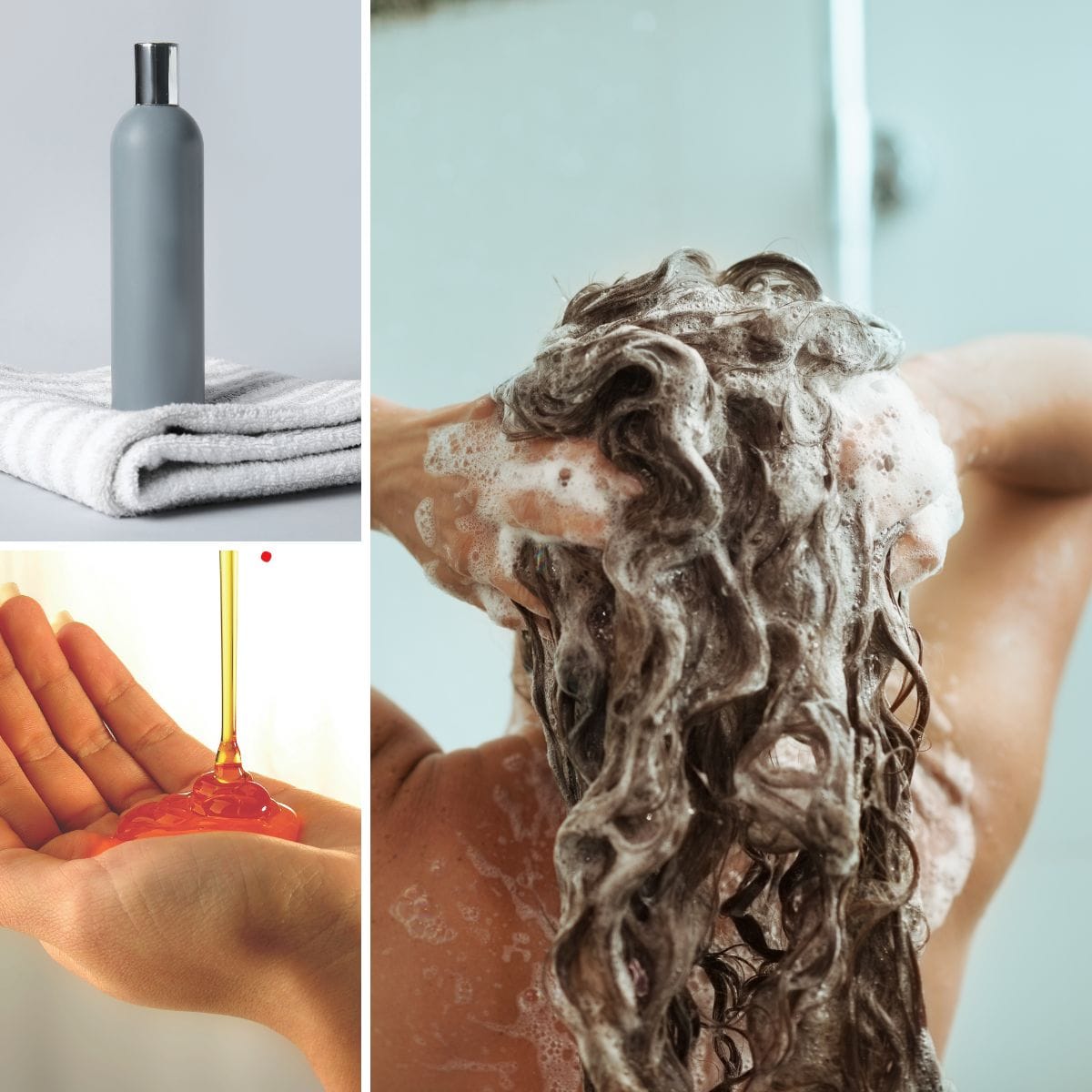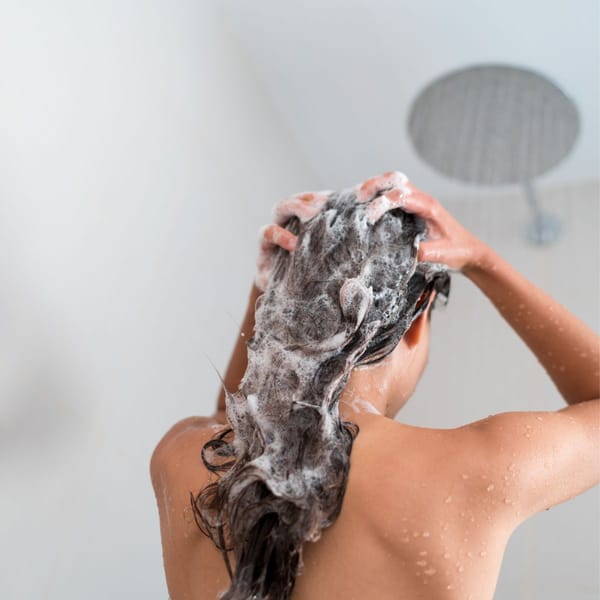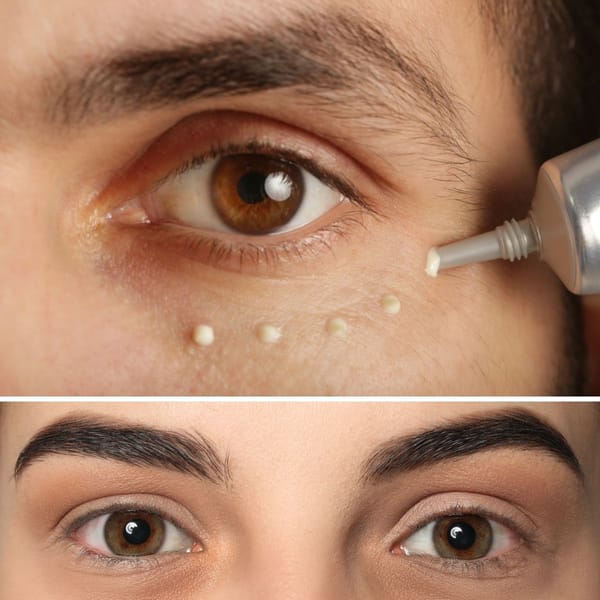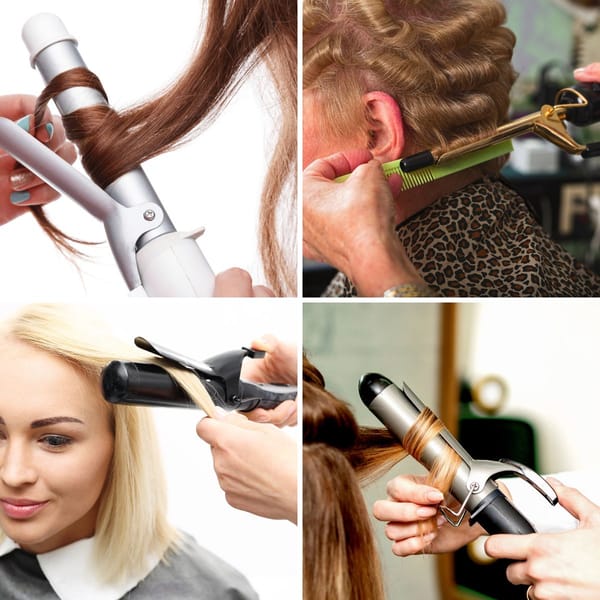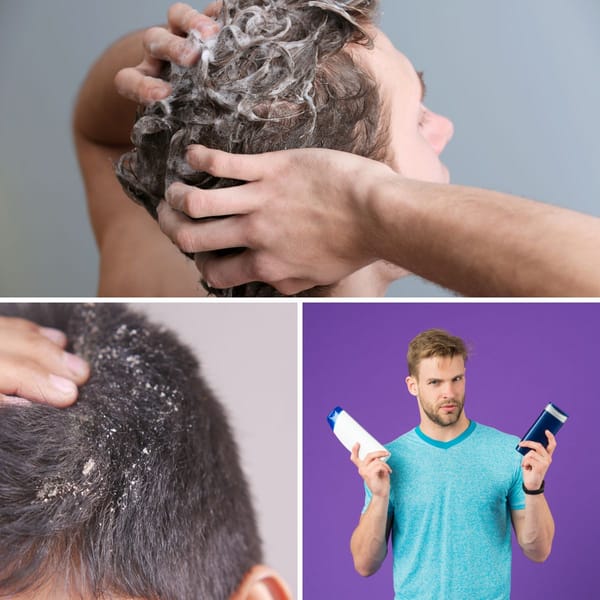Curly hair is a beautiful, distinctive hair type that requires special care and attention, particularly when it comes to washing. Unlike straight hair, curly and wavy hair types have specific needs that must be met to maintain their natural beauty and health. This comprehensive guide will explore how often you should wash curly hair, taking into account various factors such as hair type, lifestyle, and the unique properties of curly hair.
Key Takeaways:
- Understanding your specific curl type and scalp health is crucial in determining wash frequency.
- Overwashing can strip natural oils while underwashing may lead to scalp issues.
- A balanced hair care routine with the right products is essential for curly hair maintenance.
Recognizing Your Curl Type
Before you can determine how often to wash your hair, it's important to recognize your specific curl type. Curly hair can range from loose and classic curls to tight curls and coils. Each type may require a different washing schedule. For example, fine curls may get oily faster than coarse hair, necessitating more frequent washing.
Scalp Health and Hair Washing
Scalp health is a key factor in deciding how often to wash curly hair. A healthy scalp promotes healthy hair growth. If you have an oily scalp, you might need to wash your hair more often to prevent buildup. Conversely, if you have a dry scalp, less frequent washing can help maintain the hair's natural oils.
The Role of Natural Oils
Curly hair's natural oils are vital for keeping hair moisturized and protected. Washing curly hair too often can strip these oils, leading to dryness and frizz. It's important to find a balance that keeps your scalp clean without over-drying your hair.
Understanding Co-Washing
Co-washing, or conditioner washing, is a technique where you use a cleansing conditioner instead of traditional shampoos to wash your hair. This method helps maintain moisture and is particularly beneficial for curly or wavy hair that needs extra hydration.
The Impact of Lifestyle on Washing Frequency
Your lifestyle plays a significant role in how often you should wash your hair. If you engage in intense workouts or live in a humid environment, you might need to wash your hair more frequently to remove excess sweat and moisture.
Choosing the Right Shampoo for Curly Hair
Selecting the right curly hair shampoo is crucial. Look for sulfate-free shampoos that provide gentle cleansing without harsh cleansing agents that can strip natural oils from your hair.
The Importance of Deep Conditioning Treatments
Deep conditioning treatments are essential for curly hair care. They provide intense moisture and help repair hair cuticles, making them a must-have in your wash day schedule.
Balancing Hair Washing with Moisturizing Products
Using the best moisturizing hair products is key to maintaining the health of curly hair. These products help replenish moisture lost during washing and keep curls defined and bouncy.
The Debate: To Wash or Co-Wash?
There's an ongoing debate in the curly hair community about whether to wash with shampoo or co-wash. The answer often depends on your hair's needs and how much hydration it requires.
How to Wash Curly Hair Properly
Washing curly hair isn't just about frequency; it's also about technique. Use a wide tooth comb to detangle wet hair gently, and apply shampoo primarily to the scalp, letting it cleanse the hair's mid-lengths as it's rinsed out.
The Best Time to Wash Curly Hair
Determining the best time to wash your hair can depend on your daily routine and your hair's behavior. Some prefer washing in the morning to style their hair for the day, while others might wash at night to avoid disrupting their curls.
The Effects of Frequent Washing on Curly Hair
Frequent washing can lead to dry, brittle hair. Curly hair, unlike straight hair, doesn't need to be washed daily. Finding a less frequent washing schedule that works for your hair type is essential.
When to Use a Clarifying Shampoo
A clarifying shampoo is used for a deep cleanse to remove product buildup. However, it should be used sparingly, as it can be more stripping than regular shampoos.
The Role of Dry Shampoo in Curly Hair Care
Dry shampoo can be a curly-haired individual's best friend on non-wash days. It absorbs excess oil and refreshes hair without the need for water.
How to Maintain Moisture Between Washes
Maintaining moisture between washes is crucial for curly hair. Light leave-in conditioners and hydrating sprays can help keep curls moisturized and defined.
The Connection Between Hair Types and Washing
Different hair types, from thin curly hair to coarse curly hair, have unique washing needs. Understanding your hair type will guide you in setting the right wash frequency.
Washing Curly Hair in Different Seasons
Seasonal changes can affect your hair's needs. In winter, you might wash less frequently to prevent dryness, while in summer, increased humidity and sweat might require more frequent washing.
The Benefits of Gentle Shampoos for Curly Hair
Gentle shampoos are formulated to clean without removing too much of the hair's natural oils. They're an excellent choice for curly hair, which needs to maintain moisture.
How to Condition Curly Hair Effectively
Conditioning is a non-negotiable step in the curly hair care routine. Ensure you're using a hydrating conditioner and allowing it to soak into the hair for maximum benefit.
The Importance of Scalp Massages
Scalp massages can improve blood circulation and promote scalp health. Incorporating them into your washing routine can benefit both your scalp and hair.
Identifying Signs of Over-Washing
Overwashing can lead to scalp irritation and hair dryness. Be aware of signs like increased frizz or a flaky scalp, which might indicate you're washing too often.
The Role of Hair Porosity in Washing Frequency
Hair porosity refers to how well your hair can absorb and retain moisture. High-porosity hair may benefit from more frequent conditioning, while low-porosity hair might require less washing.
Creating a Custom Wash Day Schedule
Your wash day schedule should be tailored to your hair's needs. Consider factors like curl pattern, lifestyle, and product use when creating your routine.
Tips for Washing Curly Hair Without Disrupting Curls
To wash without disrupting your curls, try washing your hair in a loose bun or braids. This can help maintain your curl pattern and prevent tangles.
The Best Practices for Drying Curly Hair Post-Wash
Drying curly hair correctly is just as important as washing it. Use a microfiber towel or a cotton t-shirt to gently blot your hair and reduce frizz.
How to Detangle Curly Hair During the Washing Process
Detangling is a critical step in the washing process. Always detangle when your hair is wet and conditioned, using a wide tooth comb or your fingers to minimize breakage.
The Importance of Scalp Care in the Curly Hair Washing Routine
A healthy scalp is the foundation of healthy hair. Use gentle cleansers and avoid harsh scrubbing to keep your scalp in top condition.
Summary
Washing curly hair is a delicate balance that requires understanding your hair's unique needs. The frequency of washing curly hair depends on factors like curl type, scalp health, lifestyle, and the products used. It's essential to maintain the hair's natural oils while keeping the scalp clean to promote overall hair health. By following the tips and practices outlined in this guide, you can create a curly hair care routine that keeps your curls looking their best.
FAQ Section
Q: How often should you wash curly hair? A: The frequency of washing curly hair varies based on individual hair type, scalp condition, and lifestyle. It's generally recommended to wash curly hair once or twice a week, but this can be adjusted to suit your specific needs.
Q: Can you wash curly hair every day? A: It's not advisable to wash curly hair every day as it can strip the hair of its natural oils, leading to dryness and frizz. If you have an oily scalp or engage in activities that cause excess sweat, consider using a gentle cleanser or co-washing instead.
Q: What is the best way to wash curly hair? A: The best way to wash curly hair is to use a sulfate-free shampoo, focus on the scalp, and gently massage the product in. Follow with a hydrating conditioner, and detangle with a wide-tooth comb. Finish by rinsing with cool water to seal the hair cuticles and lock in moisture.

